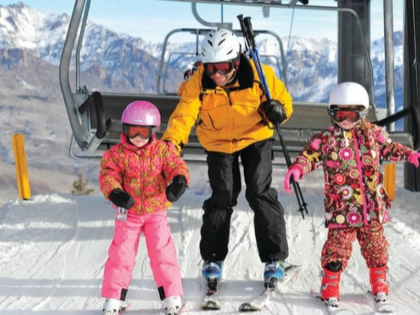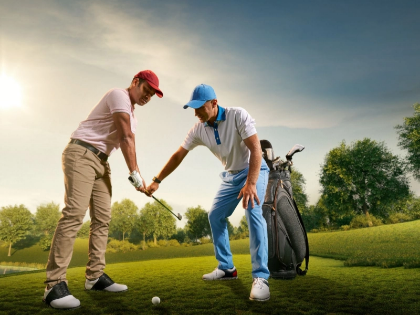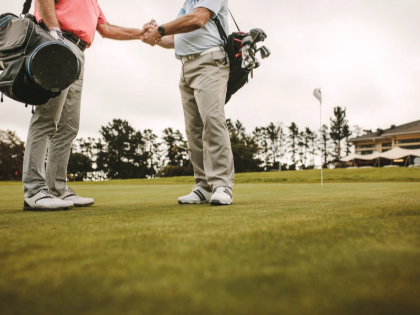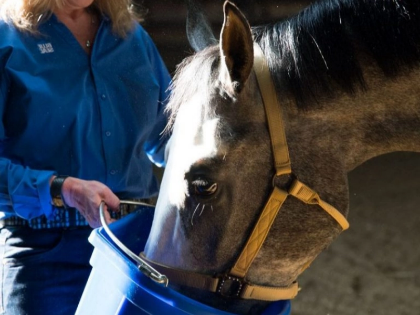Pilates: Boosting Athletic Performance and Recovery
Pilates improves balance, increases movement efficiency, and reduces the risk of injury by strengthening the core muscles. Additionally, it develops a mind-body connection and flexibility, which aids athletes in maintaining composure and attention throughout practice or competition. Every athlete needs to strengthen their core. A strong core is essential for optimal performance, whether you're a basketball player focusing on lateral movement or a runner trying to pick up pace.
Enhanced Core Power
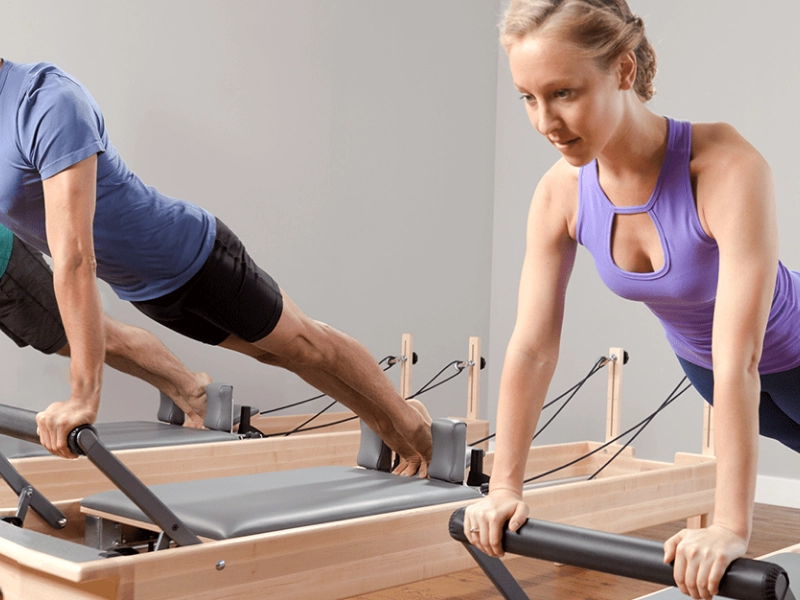
Greater Adaptability
 Building a strong core is crucial for anyone hoping to increase their speed or lateral movement control, whether they are basketball players or runners. Pilates movements emphasise flexibility, balance, and stability while building strength in the back and abdominal muscles.
Pilates increases lung capacity and oxygenation, as well as muscle strength and endurance, according to studies. Because of this, it's a fantastic option for athletes of all stripes, ages, and abilities.
Pilates also has the potential to reduce the risk of injury. Pilates lowers the likelihood of common sports-related injuries, including strains and sprains, by focusing on and strengthening the stabilising muscles.
Additionally, it aids in strengthening the smaller, less frequently used muscles that may be a factor in imbalances and bad posture. Pilates also promotes deliberate breathing methods that can increase endurance and stamina.
Building a strong core is crucial for anyone hoping to increase their speed or lateral movement control, whether they are basketball players or runners. Pilates movements emphasise flexibility, balance, and stability while building strength in the back and abdominal muscles.
Pilates increases lung capacity and oxygenation, as well as muscle strength and endurance, according to studies. Because of this, it's a fantastic option for athletes of all stripes, ages, and abilities.
Pilates also has the potential to reduce the risk of injury. Pilates lowers the likelihood of common sports-related injuries, including strains and sprains, by focusing on and strengthening the stabilising muscles.
Additionally, it aids in strengthening the smaller, less frequently used muscles that may be a factor in imbalances and bad posture. Pilates also promotes deliberate breathing methods that can increase endurance and stamina.
Decreased Risk of Injury
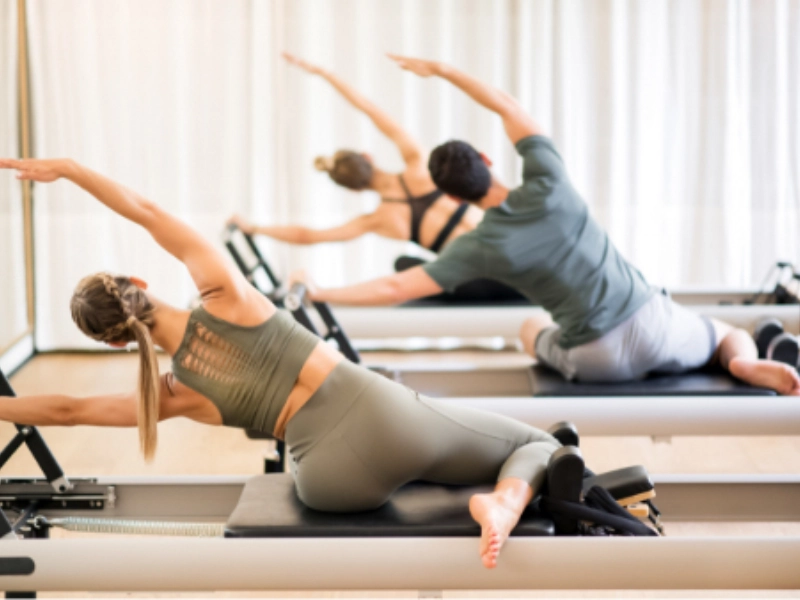 Agility and coordination can be improved with the fluid and controlled movements that Pilates teaches. For athletes, this is crucial since it lowers their chance of injury and enables them to perform better without sacrificing safety.
Pilates's core-focused routines target the deep stabiliser muscles that support the trunk in all planes of motion while also improving hip and lumbopelvic stability. In addition to preventing ailments including lower back pain and knee or shoulder injuries, this can increase balance and mobility (Gaskell et al. 2020).
The enhanced body awareness and balance that Pilates offers are also advantageous to athletes. This can be a huge benefit when playing sports since it allows them to retain balance when making strong swings and lowers their chance of injury by enhancing their agility in adapting to shifting conditions on the pitch or court.
Agility and coordination can be improved with the fluid and controlled movements that Pilates teaches. For athletes, this is crucial since it lowers their chance of injury and enables them to perform better without sacrificing safety.
Pilates's core-focused routines target the deep stabiliser muscles that support the trunk in all planes of motion while also improving hip and lumbopelvic stability. In addition to preventing ailments including lower back pain and knee or shoulder injuries, this can increase balance and mobility (Gaskell et al. 2020).
The enhanced body awareness and balance that Pilates offers are also advantageous to athletes. This can be a huge benefit when playing sports since it allows them to retain balance when making strong swings and lowers their chance of injury by enhancing their agility in adapting to shifting conditions on the pitch or court.
Enhanced Concentration
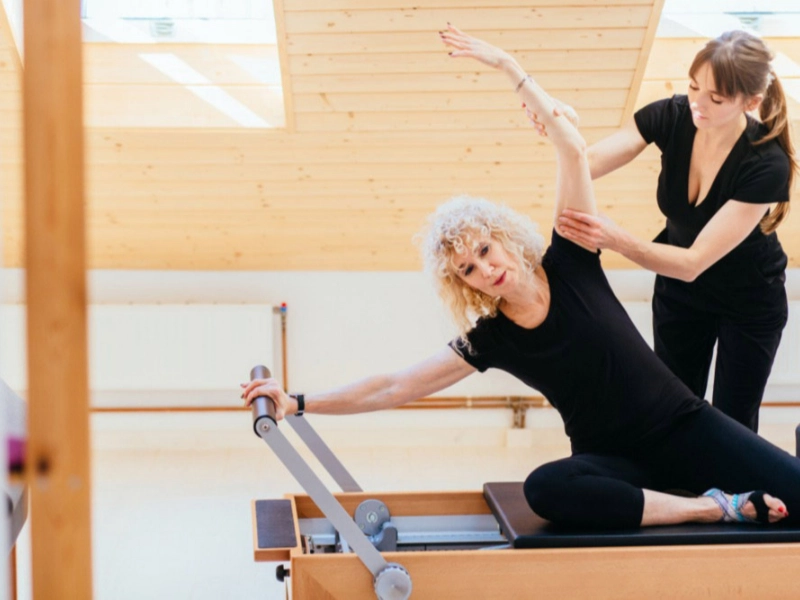 Pilates' emphasis on balanced muscle growth and core strength can benefit athletes of all stripes by enhancing their balance, coordination, and efficiency of movement patterns. This is significant because high-impact, repetitive sports like running and leaping can frequently result in improper form and overuse of specific muscles, which raises the risk of injury.
Pilates movements demand a great deal of focus and concentration, particularly those performed on a mat and using a Reformer machine. A stronger mind-body connection is also fostered by the deliberate, slow motions of Pilates, which aid athletes in becoming more cognizant of their bodies. By enhancing the way their brain communicates with their muscles, this helps kids develop proprioception—the hyperawareness of where their bodies are in space—which can both reduce the risk of injury and improve performance.
Pilates also promotes healthy breathing and long-lasting muscle strength, both of which improve endurance. This enables players to excel at their chosen sport for extended periods of time.
Pilates' emphasis on balanced muscle growth and core strength can benefit athletes of all stripes by enhancing their balance, coordination, and efficiency of movement patterns. This is significant because high-impact, repetitive sports like running and leaping can frequently result in improper form and overuse of specific muscles, which raises the risk of injury.
Pilates movements demand a great deal of focus and concentration, particularly those performed on a mat and using a Reformer machine. A stronger mind-body connection is also fostered by the deliberate, slow motions of Pilates, which aid athletes in becoming more cognizant of their bodies. By enhancing the way their brain communicates with their muscles, this helps kids develop proprioception—the hyperawareness of where their bodies are in space—which can both reduce the risk of injury and improve performance.
Pilates also promotes healthy breathing and long-lasting muscle strength, both of which improve endurance. This enables players to excel at their chosen sport for extended periods of time.


